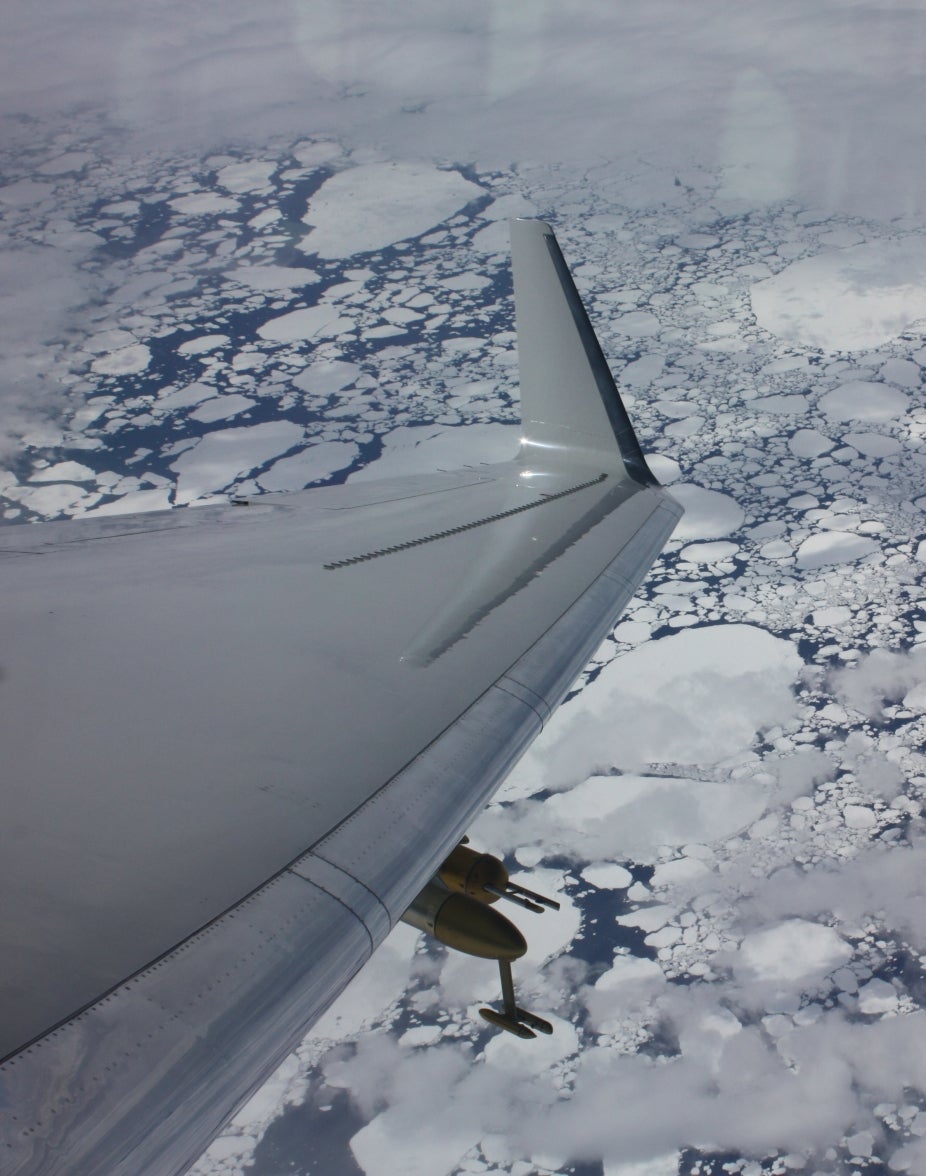The lifecycle of an NSF NCAR airborne field campaign: Flying around the globe to solve the mysteries of the Earth system
How do scientists in Colorado help solve the Earth’s mysteries? The NSF NCAR Research Aviation Facility supports two large research aircraft that deploy with teams of university researchers to study the Earth system all over the world. From the seed of a burning question about how the planet works and an idea for how aircraft measurements can help to answer it, a rigorous planning process kicks in that includes flight planning, diplomatic clearances, coordination with air traffic control, international shipping of complex equipment, and eventually the execution of the field campaign itself. But it does not end there. After a successful airborne field deployment, the science teams often still need several years to process the measurement data, distill key findings (frequently using supercomputer models), and publish the results in peer reviewed journals.
In this NSF NCAR Explorer Series Lecture, NSF NCAR scientist Britt Stephens, and NSF NCAR project manager Cory Wolff will describe the lifecycle of a field campaign that used the NSF/NCAR Gulfstream V aircraft to study air-sea gas exchange around Antarctica.
Britt Stephens
Dr. Britton Stephens is a Senior Scientist at NSF NCAR. He is a leader in research focused on developing instruments to measure atmospheric oxygen and carbon dioxide, and synthesizing data sets and models to track the fate of industrial emissions and feedback to climate change. Over the past two decades, Dr. Stephens has been a principal investigator on a series of global airborne surveys of greenhouse gases, and has maintained a network of mountain-top instruments in the Rocky Mountains and an instrument on a ship operating in the Southern Ocean.
Dr. Stephens received a Bachelor’s degree in Earth and Planetary Sciences from Harvard in 1993 and a Ph.D. in Oceanography from the Scripps Institution of Oceanography in 1999. Before joining NSF NCAR in 2002, he completed a post-doctoral fellowship with the National Oceanic and Atmospheric Administration’s Carbon Cycle and Greenhouse Gases group.
Cory Wolff
Cory Wolff is an atmospheric scientist and project manager in EOL/RAF specializing in managing airborne field campaigns geared towards a better understanding of the Earth’s atmosphere. His work focuses on supporting scientists in the effective use of aircraft and instrumentation to take observations of atmospheric processes along with overseeing the development of new instruments and methods for improving these observations. Cory has extensive experience developing aircraft payloads, organizing logistics for large groups, and understanding research goals as well as operational practices. He has managed campaigns in the US and internationally in Australia, Chile, Costa Rica, and Peru.
